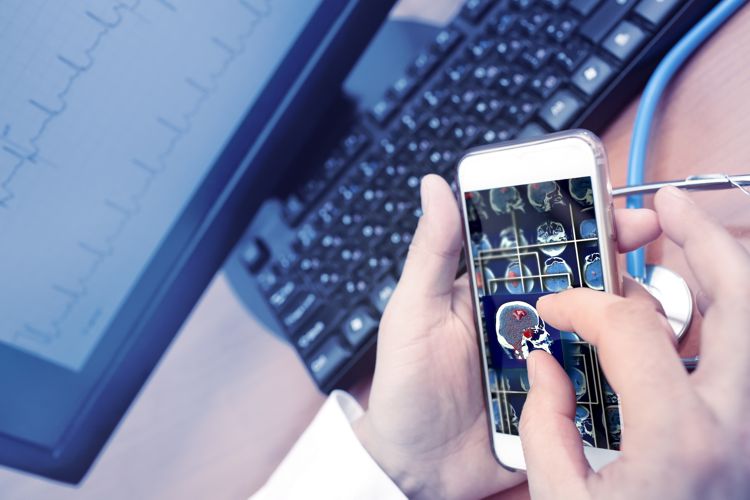
Although this “Wellness Moment” was shared with UMass fellows this Spring, we’re posting it just before the Solstice moves us to the next season. This essay by Dr. Runyan is too good not to share.
Every year when the snow melts and the trees wake up from dormancy, offering a canopy of green, I am reminded how much of a positive impact a change in visual input can have. True, the sun and warmth do help but the green grass and blooming flowers are the best. It got me thinking about the converse … the visual inputs that can hijack our brains.
Most of us are tethered to our external brains (read: smartphone) and what we are doing on them matters. Technology plays on our psychological vulnerabilities and can exploit our mind’s weaknesses. In fact, most technology is designed specifically to do just that – capture our attention. We tend to think about all the ways technology can improve our lives and make us more efficient, all the while complaining about how much time we spend in front of the computer and interacting with the electronic medical record. Our smartphones and apps are no different.
Tristan Harris, who studied habit formation in Stanford Persuasive Technology lab (what?? this exists??!!), convincingly describes how app developers apply increasingly persuasive techniques, based on the most powerful strategy to promote addiction, intermittent reinforcement. The unintended consequences of technology advancements can be seen every day with teenagers and screens, musculoskeletal problems due to inactivity and bent necks looking at phones, and Facebook-induced depression from comparing your inner experience with other people’s public presentation.
Technology has leveraged the need for social approval to an extreme, all the while reinforcing behaviors that undermine people’s stated values and goals by controlling the menu of choices and creating instant gratification. Now a technology design ethicist, Tristan Harris concludes, “We need our smartphones, notifications screens and web browsers to be exoskeletons for our minds and interpersonal relationships that put our values, not our impulses, first.“
What does this have to do with wellness and visual inputs? “Unplugging” is a new buzzword and retreat centers are cashing in on our inability to set internal limits on technology. While useful to gain self-awareness about the impact of technology in your own life, the real challenge and benefits come from setting limits and being intentional in your daily use of technology. What you think might be fostering connections to others may actually be amplifying your own critical voice or taking you out of the present moment, hijacking your attention away from your physical company.
Think about your own relationship to your smartphone and whether the inputs you are receiving multiple times a day are helpful to your well-being. Are you taking in the equivalent of the newly awakened flowers and foliage of the season? See how you are doing compared to this list of suggestions: http://humanetech.com/take-control/
You can watch Tristan’s TED talk here.
https://www.ted.com/talks/tristan_harris_the_manipulative_tricks_tech_companies_use_to_capture_your_attention
